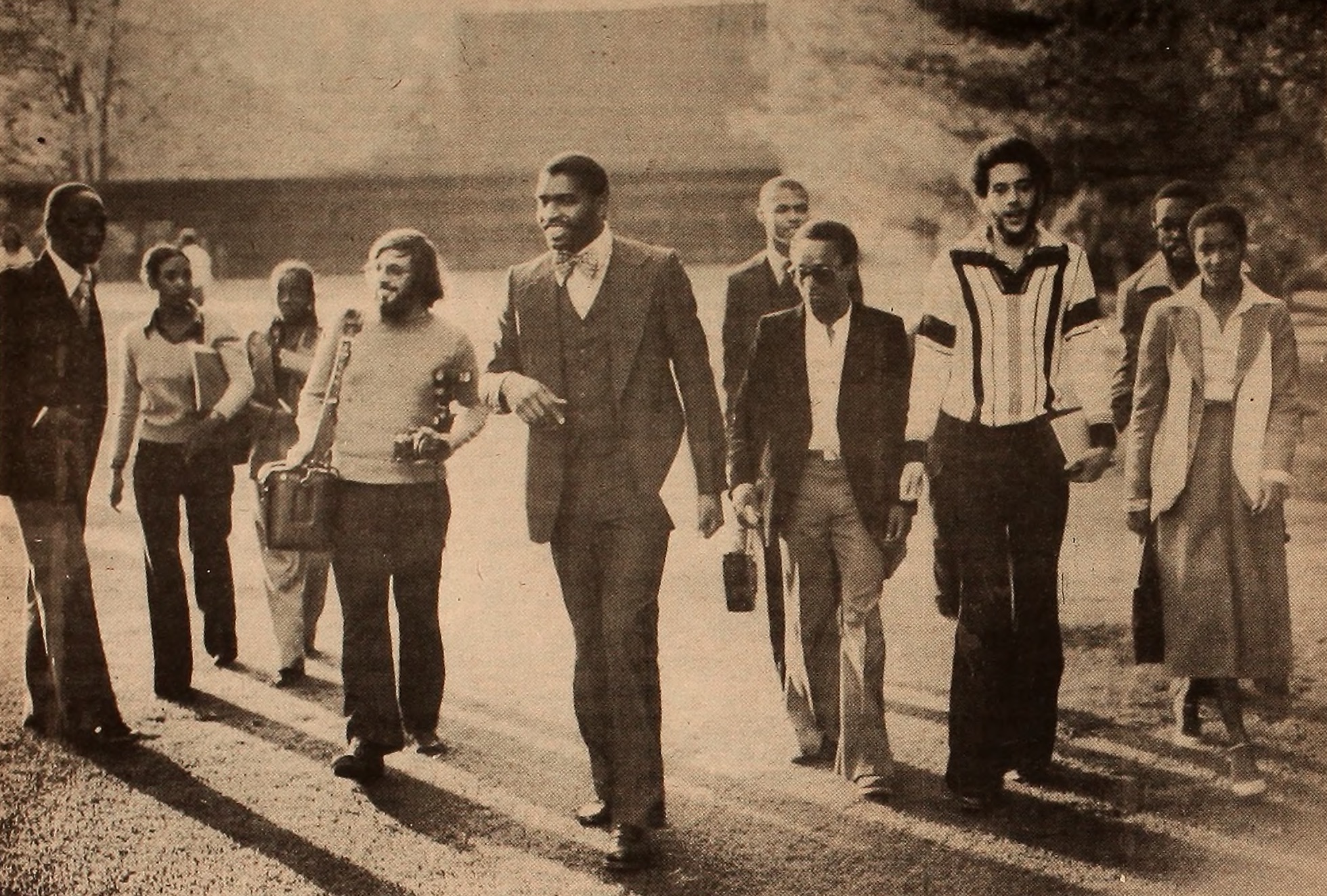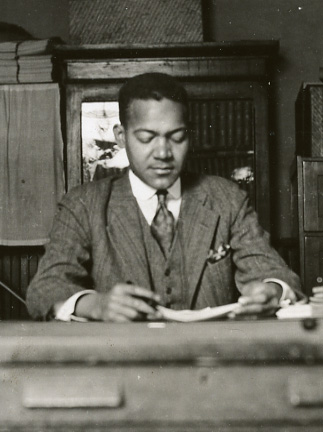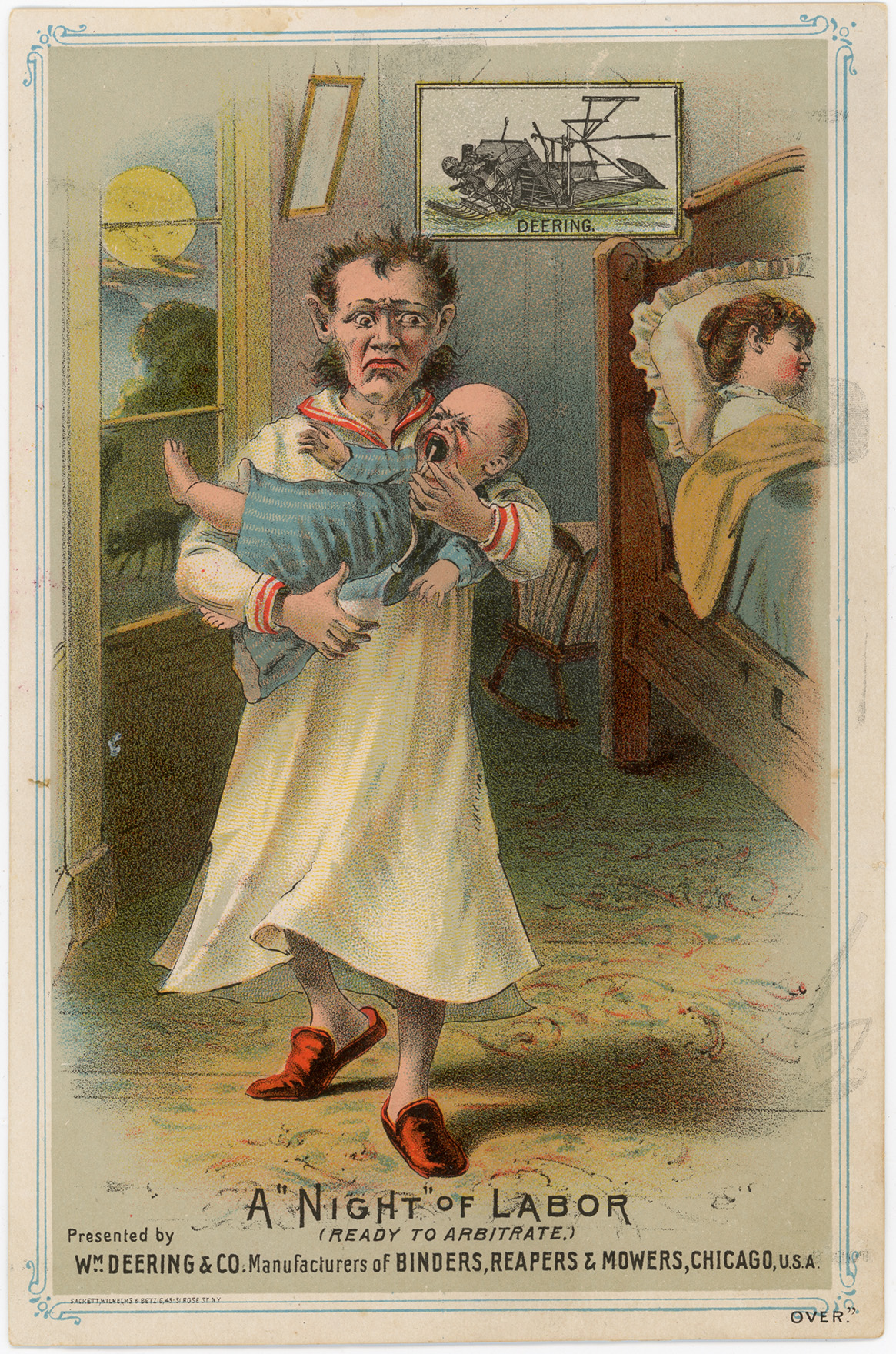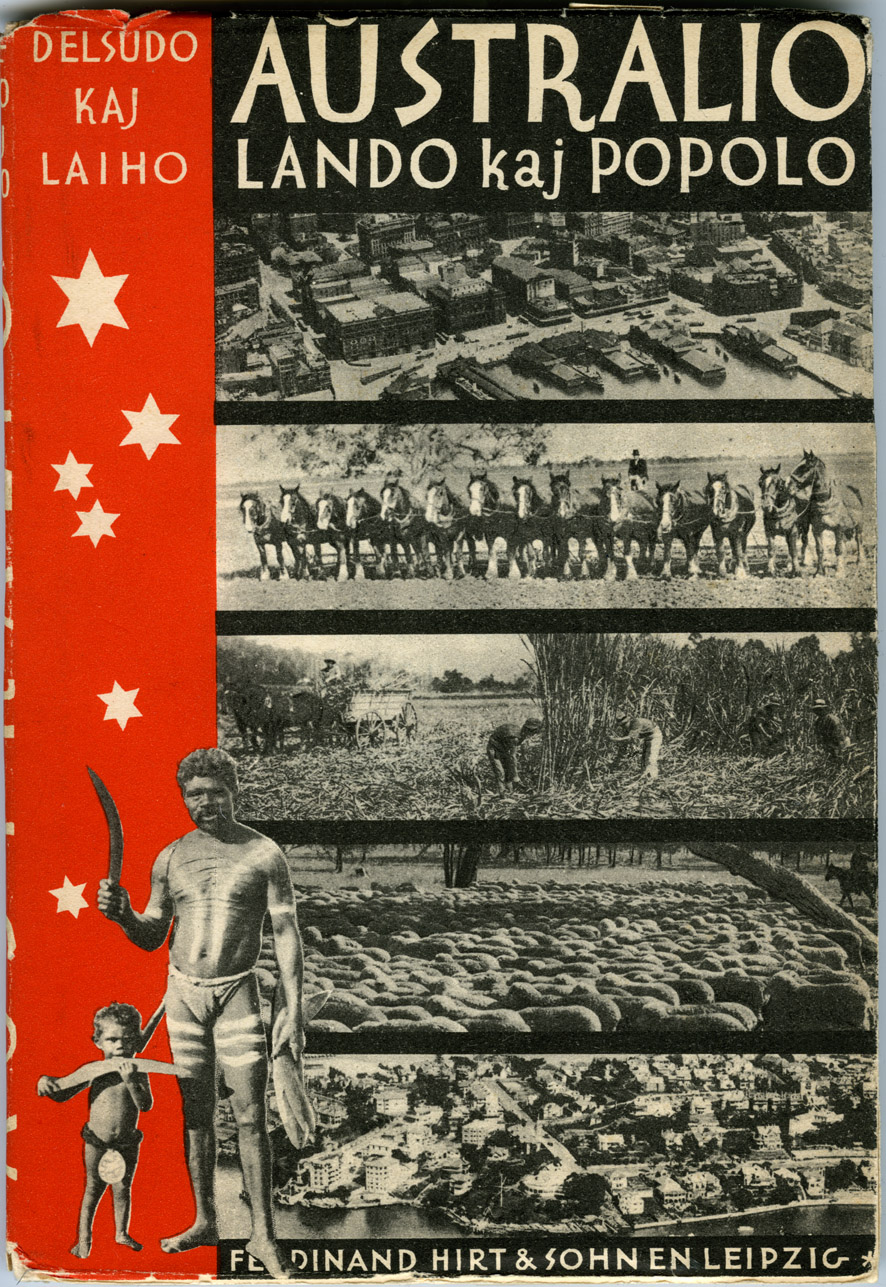Hanif Shabazz Bey Memoir
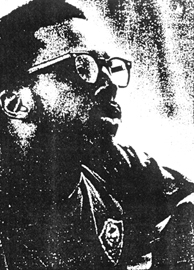
Hanif Shabazz Bey is one of the “Virgin Island Five” accused and convicted of murdering eight tourists at a golf course in the U.S. Virgin Islands on September 6, 1972. The murders occurred during a turbulent period of rebellion on the Islands, a time when a movement to resist colonial rule was growing in the U.S. occupied Virgin Islands and elsewhere. The reaction to the crime, which was rapidly characterized as racially and politically motivated, from the authorities was both swift and revealing: over a hundred Black activists were picked up for interrogation and the island of St. Croix was put under martial law. Beaumont Gereau (Hanif Shabazz Bey) was one of five men apprehended and charged with the attack; each of the men accused was a known supporter of the Virgin Island independence movement. Detained and subjected to torture, the five men ultimately confessed to the crime and were tried for murder. Despite the many indications that the subsequent trial was profoundly flawed, the men were found guilty and sentenced to eight consecutive life terms.
“The Beginning of Hell” is a typed memoir by Hanif Shabazz Bey, a prisoner from the Virgin Islands held in the U.S. Written sometime after 1985, the memoir provides a personal account of Bey’s childhood in the Virgin Islands, his service in the U.S. Army in Vietnam, and the social and political conditions of the Islands during the early 1970s that led up to his arrest and conviction for the murder of eight tourists in 1972. Bey details the torture and other harsh interrogation tactics employed by prosecutors, the trial, and its aftermath, including his confinement to prisons first in Puerto Rico and then the U.S. In prison, Bey chronicles inhumane treatment and conditions, his conversion to Islam, and his efforts to seek assistance to reduce his sentence.


